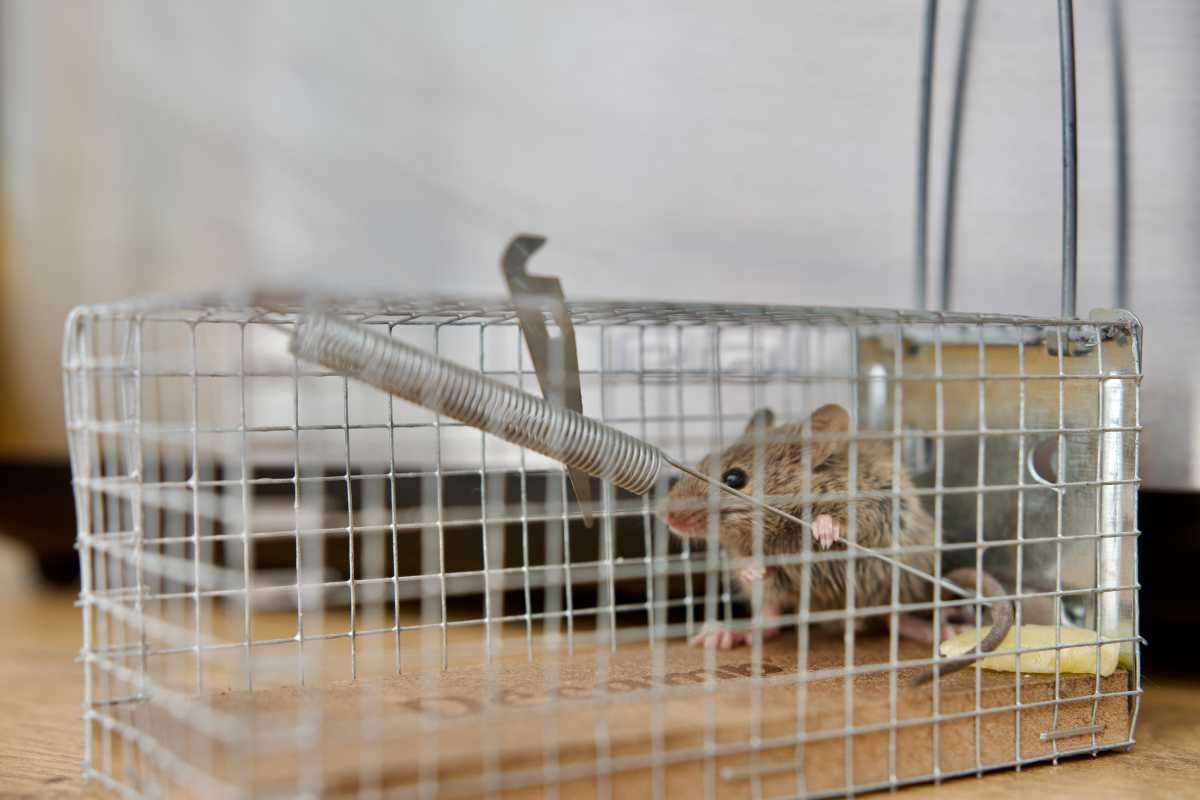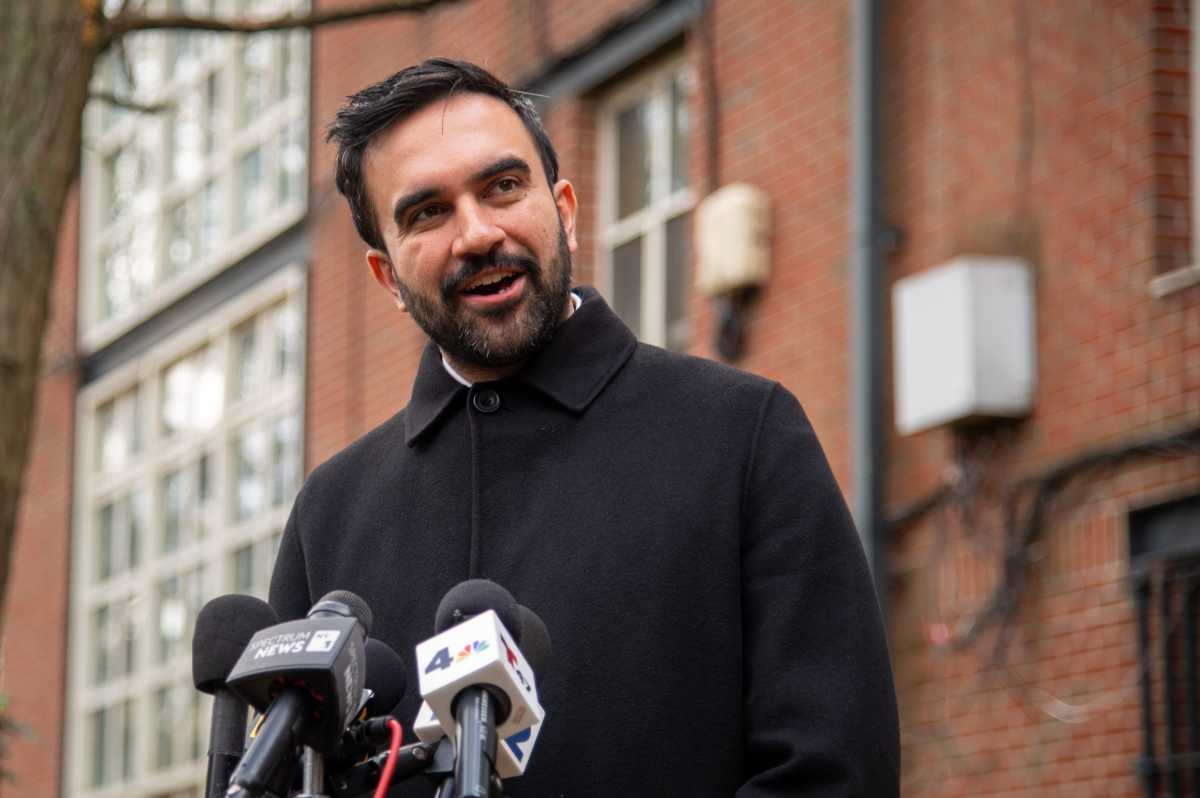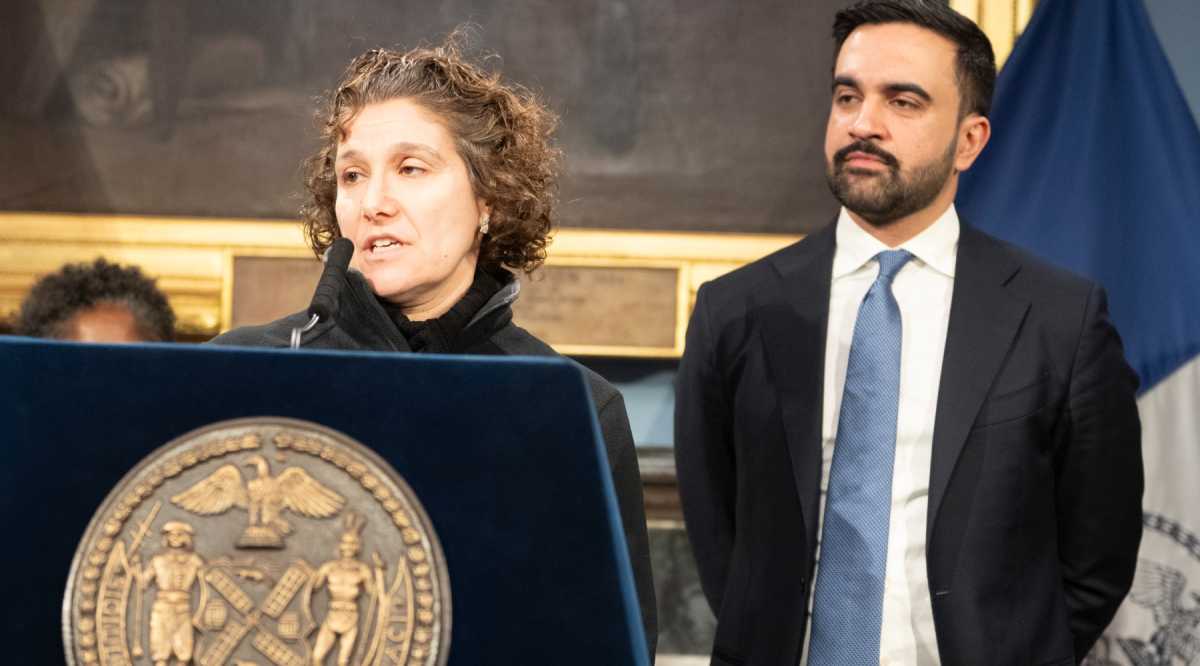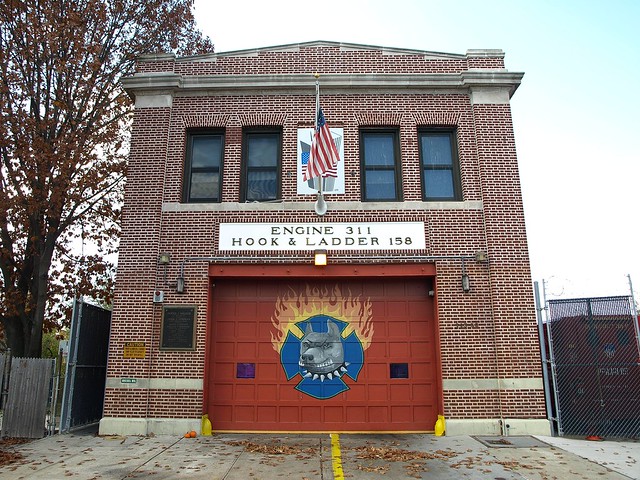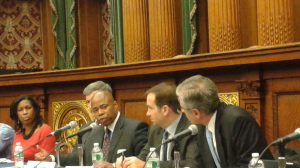
By Kaia Zawadi
A packed borough hall Wednesday heard everything about Ebola but were afraid to ask.
“We’re here to answer your questions so that you can be prepared, particularly those who have children and you’re hearing about this virus that’s affecting them outside of New York State and I think it’s important you know about Ebola,” said Brooklyn Borough President Eric Adams, who hosted the forum before he handed the floor over to a panel of medical experts.
The forum came the night before a doctor returning from treating Ebola patients in Guinea tested positive for the Ebola virus Thursday, becoming the city’s first diagnosed case.
The doctor, Craig Spencer, was rushed to Bellevue Hospital Center and placed in isolation. Meanwhile health care workers spread out across the city to trace anyone he might have come into contact with in recent days.
At the town hall meeting, Mordechai Goldfeder from the city’s office of Emergency Management moderated the panel, which included Dr. Karen Aletha Maybank from the city’s Department of Health and Mental Hygiene, Doctors Ghassan Jamaleddine and Eric Legome from Kings County Medical Hospital, Doctors Michael Hochberg and Dr. Kenneth Bromberg from the Brooklyn Hospital Center and Dr. Frank Proscia, president of the Doctors Council SEIU.
Each panelist front and center put aside any fears and debunked several myths associated with the virus. Emphasis was also placed on alienation of specific groups of people, particularly Africans from Liberia. There was also a brief discussion about the Enterovirus, which affects school aged children. The respiratory virus which can resemble a bad cold has reportedly claimed the lives of five children nationwide.
The early symptoms of Ebola are fever, stomach aches, vomiting, weakness and diarrhea. All of these symptoms can mirror those of the flu. It’s pretty difficult to get Ebola as the only way to get it is there is direct contact with someone who has Ebola and have had contact with their fluids.
“Wash your hands, wash your hands, wash your hands,” exclaimed Dr. Proscia. “It’s not transmissible by air, water or food here in the states.”
Proscia said those highest at risk are healthcare workers and those who treat patients with Ebola. “The sicker the person gets, the more infectious they become, but you won’t get it by passing someone in the hall,” he said.
The panel also discussed the preparedness and training Bellevue Hospital is taking in case anyone in the city becomes infected.
Also on hand was Congresswoman Yvette Clarke who sits on Congress’s Homeland Security Committee.
“The bottom line to this is we live in a global society, but we’re doing the best that we can for our community,” said Clarke, adding some people may be going to the extreme, even though the “outbreak” is very low in the states. “Part of what is important about what we’re doing here this evening is to ratchet down any trepidation that folks may have. We want to encourage people to look out for one another because at the end of the day this is a public health issue.”




